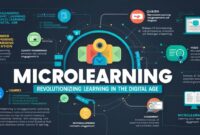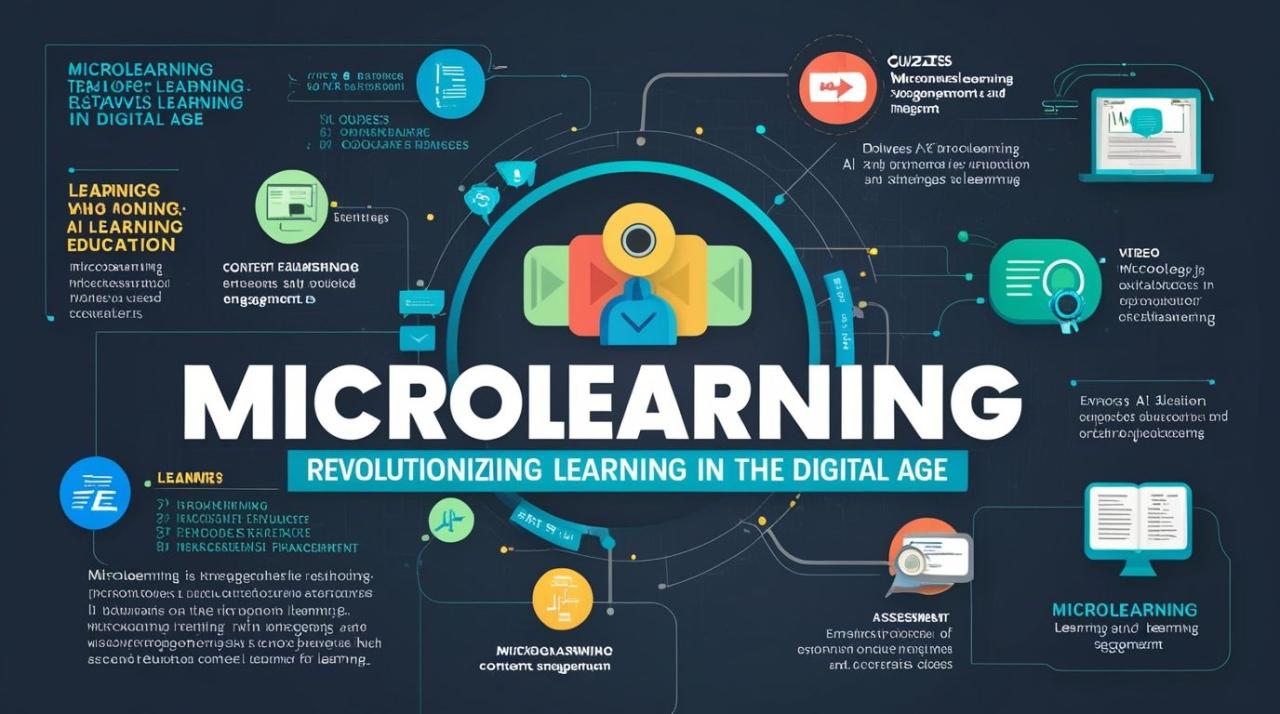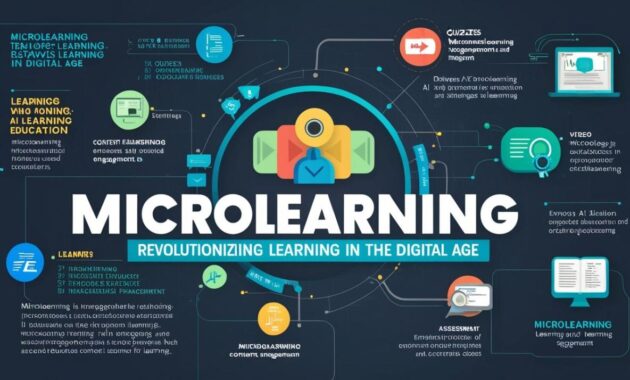How Educational Podcasts Inspire Mobile Learning showcases the transformative power of audio content in facilitating education through mobile platforms. In an era where learning is increasingly on-the-go, educational podcasts have emerged as a vital resource that enriches the learning experience by providing accessible, diverse, and engaging content. With the ability to connect learners to expert voices and innovative ideas, podcasts serve as a bridge that enhances the learning process outside traditional classroom boundaries.
These audio resources not only cater to various learning styles but also encourage autonomy in learners, allowing them to engage with material at their own pace. The flexibility of podcasts enables users to integrate learning into their daily routines, making education more inclusive and personalized. As mobile technology continues to evolve, the synergy between educational podcasts and mobile learning is set to redefine how knowledge is consumed and disseminated.
In the multifaceted world of academia, the exploration of research methodologies holds critical significance. Researchers often find themselves navigating through various frameworks that guide their investigations, shaping the way knowledge is generated, interpreted, and disseminated. The choice of methodology can profoundly influence not only the outcome of a study but also its relevance and applicability in real-world situations.Research methodologies can broadly be categorized into qualitative, quantitative, and mixed methods approaches.
Each of these paradigms has its strengths and weaknesses, making them suitable for different types of research questions and contexts. Qualitative Research MethodologyQualitative research methodologies are primarily concerned with understanding human behavior and the social world through the collection of non-numerical data. This approach often employs methods such as interviews, focus groups, and participant observations, allowing researchers to gather rich, detailed insights into people’s experiences, emotions, and interpretations of their social realities.One of the hallmark features of qualitative research is its emphasis on context.
For instance, researchers may explore how cultural norms influence individual decision-making processes, or how social interactions shape one’s identity. By focusing on the nuances of human experience, qualitative research enables a deeper understanding of phenomena that are often overlooked by quantitative measures.However, qualitative research does come with challenges. The subjective nature of data collection and analysis can introduce biases, and the findings may not be easily generalizable to larger populations.
Additionally, qualitative studies often require significant time and resource investment, which can be a limitation for some researchers. Quantitative Research MethodologyIn contrast, quantitative research methodologies rely on numerical data and statistical analysis to draw conclusions. This approach often involves structured data collection methods, such as surveys and experiments, which facilitate the measurement of variables and the establishment of relationships between them. Quantitative research is particularly useful for testing hypotheses and making predictions.
For instance, researchers can use statistical techniques to determine the effectiveness of a new drug or to analyze trends in consumer behavior. The strength of this methodology lies in its ability to provide clear, quantifiable evidence that can support or refute theoretical claims.However, quantitative research also has limitations. It often overlooks the context and complexity of human behavior, reducing emotions and social dynamics to mere numbers.
Furthermore, the reliance on pre-determined variables may restrict the scope of inquiry, potentially missing critical aspects of the research subject. Mixed Methods Research MethodologyMixed methods research combines elements of both qualitative and quantitative approaches, allowing researchers to capitalize on the strengths of each while mitigating their respective weaknesses. This methodology encourages a more comprehensive understanding of research questions by integrating diverse data sources and perspectives.For example, a mixed methods study might begin with a qualitative phase, where in-depth interviews are conducted to explore participants’ experiences related to a particular phenomenon.
The insights gained from this phase could then inform the development of a quantitative survey designed to test specific hypotheses derived from the initial findings.Despite its advantages, mixed methods research can be complex and resource-intensive. Researchers must be adept in both qualitative and quantitative techniques, and they may face challenges in integrating findings from both approaches into a cohesive narrative.
Additionally, the analysis and interpretation of mixed methods data can be particularly demanding, requiring careful consideration of how different data types interact. Choosing the Right MethodologySelecting an appropriate research methodology is crucial for the success of any study. Researchers must consider several factors, including the nature of their research question, the context of their inquiry, the available resources, and ethical considerations. A well-defined research question serves as a guiding star for the selection of methodology.
For instance, if a researcher aims to understand the motivations behind a social phenomenon, a qualitative approach may be more suitable. Conversely, if the objective is to measure the prevalence of a particular behavior within a population, a quantitative approach would likely be more effective.In addition to the research question, the context in which the study will take place plays a significant role.
Factors such as cultural norms, social dynamics, and the specific characteristics of the target population can influence methodology selection. Researchers must be attuned to these contextual elements to ensure that their approach is culturally sensitive and relevant.Furthermore, the availability of resources, including time, funding, and access to participants, can impact the choice of methodology. Qualitative research may require considerable time for data collection and analysis, while quantitative research often necessitates access to statistical software and expertise in data analysis techniques.

Ethical Considerations in Research MethodologyEthics is a fundamental component of research, guiding decisions about methodology, data collection, and participant engagement. Researchers must prioritize the welfare and rights of participants throughout the research process. This includes obtaining informed consent, ensuring confidentiality, and minimizing potential harm.Different methodologies may pose unique ethical challenges. For example, qualitative research often involves close interactions with participants, making it essential for researchers to navigate power dynamics and establish trust.
In quantitative studies, researchers must ensure that data collection methods do not exploit or misrepresent vulnerable populations.Moreover, ethical considerations extend beyond participant interaction to encompass the broader implications of research findings. Researchers bear a responsibility to consider how their work may impact society and to communicate their findings transparently and responsibly. ConclusionIn conclusion, the selection of an appropriate research methodology is a foundational aspect of conducting effective research.
By understanding the strengths and weaknesses of qualitative, quantitative, and mixed methods approaches, researchers can make informed decisions that enhance the rigor and relevance of their studies. As the landscape of research continues to evolve, embracing diverse methodologies will be crucial for advancing knowledge and addressing complex societal challenges. Future research will likely continue to explore innovative methodologies and their applications across various disciplines.
As researchers engage with the ever-changing dynamics of society, they must remain critical of their methodological choices, ensuring that their work contributes meaningfully to the body of knowledge while prioritizing ethical considerations.











